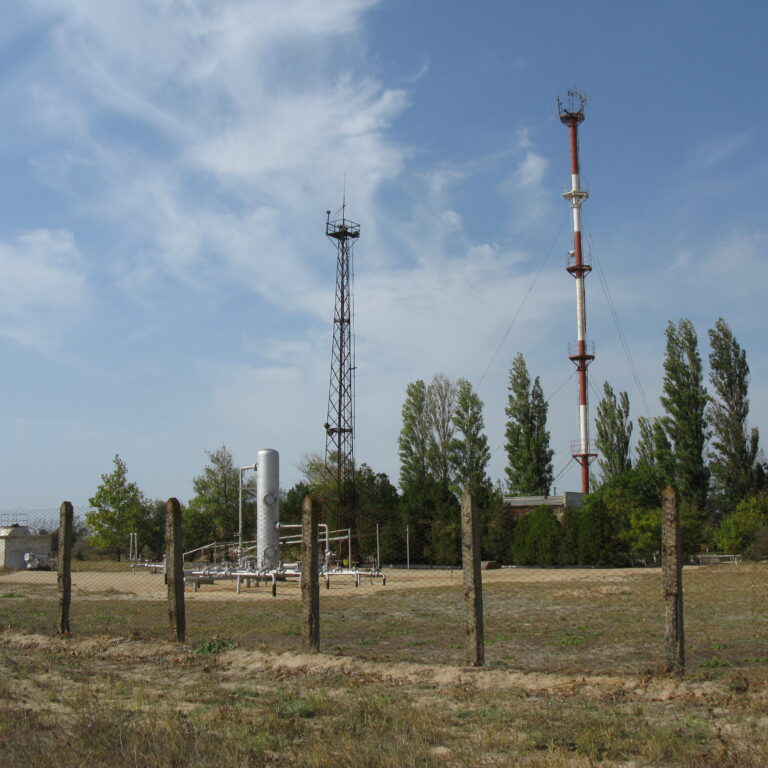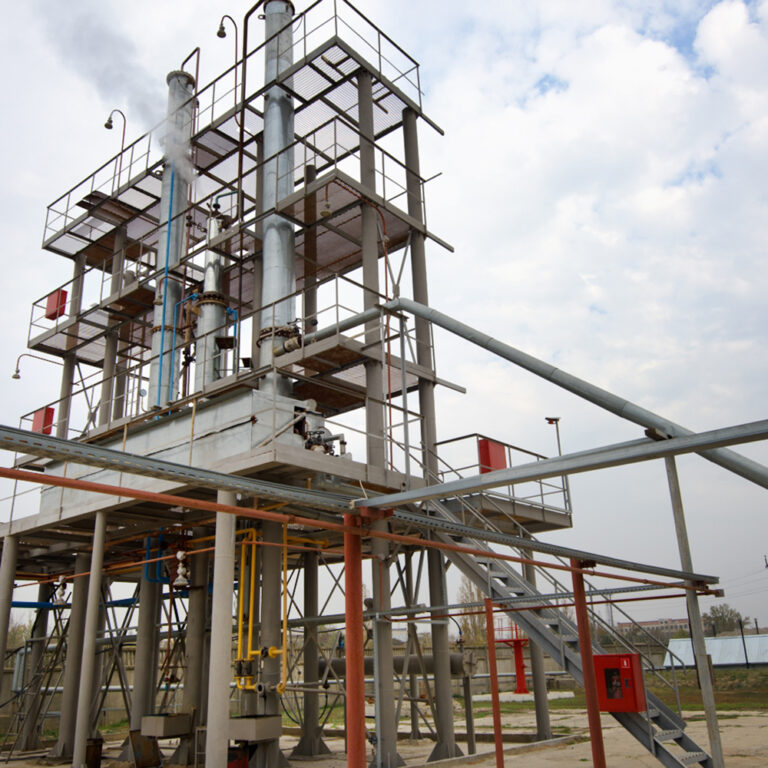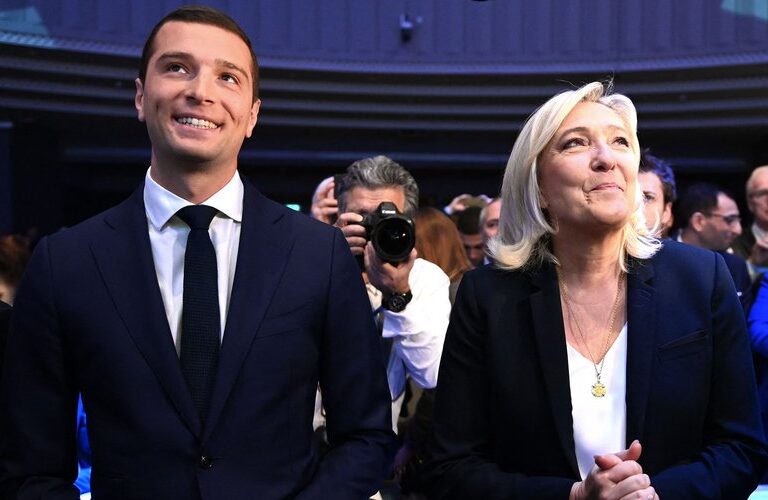On March 30, it was reported that a court in Zurich had fined four bankers totaling hundreds of thousands of francs for helping cellist Sergei Roldugin manage two Swiss bank accounts of “Gazprombank Switzerland”.
The indictment alleges that Roldugin was used as a figurehead to hide the true owners of the money. “Reuters” wrote that Roldugin transferred millions of francs through Swiss bank accounts without proper checks. Since Roldugin has long been called a “close friend” of Putin, then special questions “and whose, in fact, those funds are” do not arise.
How this epic with Swiss trials and lawsuits affects the events in the occupied Crimea – the expert of the Association, Professor Boris Babin, points.
The institution of “Petersburg nominals” is quite interesting for the characteristics of the Putin regime, since it is they that serve as a “purse” of aggression for the most “intimate” and at the same time the most unsightly and immoral scams.
Recently, a certain little-known St. Petersburg lawyer, Vladislav Kopylov, is known as the formal owner of the Russian corporation “Ermira Consultants”, the founder of the non-profit partnership “Support for Children’s Sports” and a shareholder of the “Baltic Media Group”, surfaced in the press, while Sergei Roldugin and now deceased Oleg Rudnov were Kopylov’s accomplices in the last two cases.
The real owner of all these structures is obvious, since important assets for the President of Russia were registered to the same Rudnov – from the St. Petersburg media, to a villa near Vyborg and even the house of Putin’s father in the Tver village of Pominovo. Regarding Roldugin, no one particularly hides the fact that he is “a friend of Putin’s youth, who became famous not only as a cellist, but also as a figurehead who owned offshore companies in Putin’s interests”.
Returning to the trial in Zurich, it is worth noting that the prosecutor’s office proved that the godfather of Putin’s daughter and his close friend Sergei Roldugin, who is under Swiss sanctions, placed millions of francs in Swiss bank accounts between 2014 and 2016.
Prosecutors argued that the bankers “did not do enough” to identify the beneficial owner of the funds at “Gazprombank Switzerland”. The mentioned bankers, three Russians working in Zurich and one Swiss hid this activity in bank documents from inspections, hiding the true owners of the money.
“It is well known that Russian President Putin officially has an income of only 100,000 Swiss francs “and is not rich”, but in fact he has huge assets managed by people close to him,” the indictment said.
The indictment, now confirmed by the court, stated that “other red flags were ignored” and those fined did not try to clarify the possibility that Roldugin was the real owner of the assets or inquire about the origin of the funds.
It was pointed out that the bank documents indicated only Roldugin’s professional activities as a musician, and this makes his “ownership and participation” in no way plausible.
The bank “Gazprombank Switzerland” itself is a financial subsidiary of the raw materials group “Gazprom”, and in October 2022, when it already “smelled of fried”, “Gazprombank Switzerland” announced that it was curtailing its activities. However, the Swiss authorities are investigating the involvement of this bank in illegal operations with offshore companies separately.
Recall that in 2016, the Lithuanian Financial Crimes Investigation Service confirmed the information contained in the Panama Papers that cellist Sergei Roldugin was doing business with offshore companies through a Lithuanian bank.
According to the service, a significant amount of money passed through accounts at “Ūkio Bankas”, which had previously been implicated in dubious investigations, including the scandal with Sergei Magnitsky, a lawyer at the “Hermitage Capital” fund.
According to the materials of the International Consortium of Investigative Journalists (ICIJ), even before 2013 the funds in “Ūkio Bankas” came from four fictitious companies registered in Panama, Belize and the British Virgin Islands.
According to Lithuanian authorities, shell companies linked to Roldugin entered into deals using shares in the Russian company “Rosneft” and then canceled them, after which the companies were paid “compensations” amounting to almost $1.5 million. The head of the Lithuanian Financial Crime Investigation Service, Kęstutis Jucevičius, said at the time that there were signs of money laundering in these operations.
It is noteworthy that Russia began to hide the income of the cellist himself from the same 2016. Then the cellist turned out to be the only artistic director in the aggressor’s cultural institutions, directly subordinate to the ministry, who did not even formally report on earnings and property.
The services of the aggressor then stated that “in accordance with the order of the ministry of culture of Russia dated August 14, 2015 No. 2222 … the artistic director of the St. Petersburg House of Music Roldugin … appointed to his position by the general director Oleg Anisimov … does not provide information on income, expenses, property and property obligations”.
It is also noteworthy that Roldugin also “mastered” the funds through the “River of Talents” program, through “long tours of young performers around the Volga region” and the “Embassy of Excellence”, which financed “foreign tours of Russian performers”.
Putin himself tragicomically stated at the time that Roldugin allegedly “spends all his earnings on buying unique violins and cellos”, and that he allegedly “bought two violins and two cellos” and “for one of them, a 1732 Stradivari cello “Stuart” he allegedly “paid $12 million”.
We must add that as soon as Putin announced the “expensive acquisition of Roldugin” and its price, the “Reuning” auction house that sold the cello removed all information about “Stuart” from its website.
It remains to consider the “Crimean epic” of the cellist, and this is quite simple. Back in 2016, the aggressor’s propaganda declared that the “House of Music in St. Petersburg, headed by the musician Sergei Roldugin” would criminally “open a branch in Crimea next summer”.
As Roldugin himself criminally stated at the time, “we were given a room, which now needs to be repaired. And for two months, July and August, before the start of the competitive concert season, we will be preparing for international competitions there,” as the criminal cellist added, “a branch will be opened near Yalta, not far from the Swallow’s Nest”.
The St. Petersburg House of Music itself has been promoting the criminal narratives of the “Russian world”, including in third countries, under the guise of “development of musical art and support for leading young soloists” for ten years. Since 2014, the main thesis of his work has been that allegedly “Russian musicians are in demand in the world, despite the sanctions,” and the current investigation well shows their real motivation in this area.
The invaders criminally placed the illegal “Yalta branch” of these “anti-sanction tours” in the “Nizhnya Oreanda” sanatorium, which actually belongs to the Ukrainian parliament. The invaders criminally “nationalized” it and immediately illegally “transferred it to the administration of the President of Russia”.
Further, in August 2019, on the basis of the stolen sanatorium, Roldugin already held an illegal “summer academy of the St. Petersburg House of Music in Crimea” with some “master classes from Vyacheslav Prokopov”, holding a criminal “concert of summer academy participants” in the Vorontsov Palace, stolen by the Russian invaders.
Then, having illegally “checked in” in objects of national importance in Ukraine, the cellist immediately went to Vienna, where he also “opened a branch of the House of Music”, moreover, “in an estate in the Vienna Woods”. Under the guise of “classical music” Roldugin directly and obviously tried to promote the occupiers criminal “Crimean agenda”.
The cellist did not hide his intentions to attract “foreign musicians” to these “branches”, controlled by the Russian special services, intently trying to “establish cooperation”, in particular with Kazakhstan and Japan. Among other things, he also used the criminal support of the aggressor’s ministry of education, which criminally provided him with illegal “15 seats” in the Crimean “Artek”, seized by the aggressor.
However, these aggressor’s criminal “Crimean plans” were not implemented on a full scale, and on October 19, 2022, Ukraine also imposed sanctions against the cellist.
It remains to be added that funds from “Putin’s wallet” in Switzerland were clearly spent not only on cellos, and Roldugin’s possible connections with figures in such structures as, for example, the International Olympic Committee in Lausanne, as well as individual officials of international organizations in Geneva, still require additional research.







